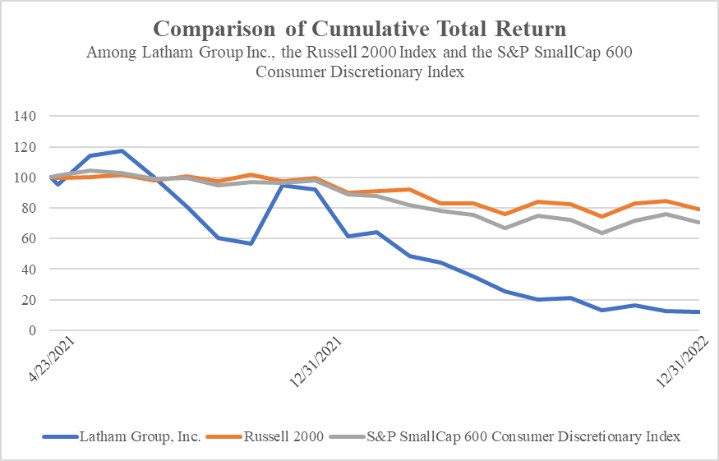complications and expenses in implementing and integrating our systems. Any interruptions in operations would adversely affect our ability to properly allocate resources and deliver our products, which could result in customer dissatisfaction. The failure to successfully implement and maintain information systems could have an adverse effect on our ability to obtain new business, retain existing business and maintain or increase our sales and profit margins.
We process, store, and use personal information and other data, which subjects us to governmental regulation and other legal obligations related to privacy, and violation of these privacy obligations could result in a claim for damages, regulatory action, loss of business, or unfavorable publicity.
We receive, store and process personal information and other customer information, or personal information and other data from and about our customers, prospective customers, our employees, applicants for employment and other individuals with whom we do business. There are numerous laws, as well as regulations and industry guidelines, regarding privacy and the storing, use, processing, and disclosure and protection of personal information, the scope of which are changing, subject to differing interpretations, and may be inconsistent among countries or conflict with other rules. For example, the California Consumer Privacy Act ("CCPA"), which became effective on January 1, 2020, established a new privacy framework for covered businesses. In November 2021, California voters passed Proposition 24, also known as the California Privacy Rights Act ("CPRA"), which amends and expands the CCPA effective January 1, 2023. The CCPA and CPRA provide new and enhanced data privacy rights to California residents, such as giving California consumers and employees the right to access and/or delete their personal information, affording consumers and employees the right to opt out of certain sales of personal information as well as sharing for cross context behavioral advertising, and prohibiting covered businesses from discriminating against consumers (e.g., charging more for services) for exercising any of their CCPA/CPRA rights. The CPRA bolstered the requirements for agreements that cover the exchange of data and established the California Privacy Protection Agency, which is responsible for enforcement activities, rulemaking, and public awareness related to privacy and data protection. Additionally, laws, regulations, and standards covering marketing and advertising activities conducted by telephone, email, mobile devices, and the internet, may be applicable to our business, such as the Telephone Consumer Protection Act and the Controlling the Assault of Non-Solicited Pornography And Marketing Act, and similar state consumer protection laws.
We generally seek to comply with industry standards and are subject to the terms of our own privacy policies and privacy-related obligations to third parties. We strive to comply with all applicable laws, policies, legal obligations, and industry codes of conduct relating to privacy and data protection to the extent possible. However, it is possible that these obligations may be interpreted and applied in a manner that is inconsistent from one jurisdiction to another and may conflict with other rules or regulations, making enforcement, and thus compliance requirements, ambiguous, uncertain, and potentially inconsistent. Any failure or perceived failure by us to comply with our privacy policies, privacy-related obligations to customers or other third parties, or our privacy-related legal obligations, or any compromise of security that results in the unauthorized access to or unintended release of personally identifiable information or other customer data, may result in governmental enforcement actions, litigation, or public statements against us by consumer advocacy groups or others. Any of these events could cause us to incur significant costs in investigating and defending such claims and, if found liable, pay significant damages. Further, these proceedings and any subsequent adverse outcomes may cause our customers to lose trust in us, which could have an adverse effect on our reputation and business.
We also expect that there will continue to be new laws, regulations and industry standards concerning privacy, data protection and information security proposed and enacted in various jurisdictions. The United States, Canada, Australia, New Zealand, the European Union, the United Kingdom and other countries in which we operate are increasingly adopting or revising privacy, information security and data protection laws and regulations that could have a significant impact on our current and planned privacy, data protection and information security-related practices, our collection, use, sharing, retention and safeguarding of customer, consumer and/or employee information, as well as any other third-party information we receive, and some of our current or planned business activities. Any significant change to applicable laws, regulations or industry practices regarding the use or disclosure of personal information could result in increased compliance costs.
Any of the foregoing could materially adversely affect our brand, reputation, business, results of operations, and financial condition.
